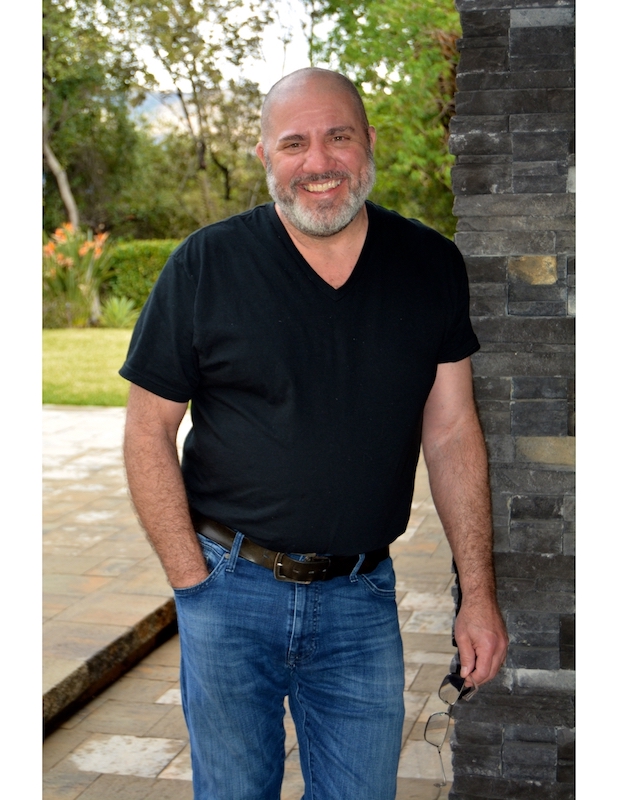Buried Treasures
In a technological world where everything magically appears before our eyes with a tap on a keypad, no one seems interested in laborious tasks, like digging—moving earth one shovelful at a time takes forever compared to a click on a computer mouse or a tap on a keypad.
But treasures are often found in dark places. They are hidden below ground and are discovered by those who labor to find them, by those willing to penetrate the surface, not by being superficial. True treasures are seldom espied with casual glances. Quick surveys of the surface and half-hearted evaluations of the exterior yield limited rewards. Fool’s gold is found by many but gold worth its weight is found by few.
Treasures must be unearthed. They are covered by dirt and debris—its glitter hidden from human eyes, waiting only to be found by ardent “archeologists.”
Dr. Kent Weeks, Egyptologist extraordinaire, now famous for his discovery of the largest subterranean tomb ever in the Valley of the Kings, the resting place for Rameses II’s royal sons and their families, understands the value of digging to find valuables.
He and his team spent years clearing out dirt and debris—shit that blocked the path to his great discovery. He also had to pry open a door that had been blocked for thousands of years. Suffice it to say, he endured the monotony often associated with hard labor until he made his discovery. (The project he undertook started in 1979 but he made his discovery in 1989.) Throughout, he remained hopeful.
The hope of a discovery helps you persist beyond the drudgery.
“Everything’s got a moral,” says Lewis Carroll, author of Alice in Wonderland, “if only you can find it.” If looked at through an allegorical lens, I think the story about Dr. Weeks offers much to those willing to dig. Here’s a relic I dug up:
If you hope to find a treasure chest of meaningfulness in your life, you must dig and scrape past the craggy landscape of uselessness. To live a life with meaning, sometimes you are required to face your wounds: your wounds are your treasures.
It may be hard to comprehend but your wounds represent true gold. In other words, the very things that have scarred and hurt you—moments which have broken your hearts or damaged you in some way— offer you unimaginable wealth. Ask yourself what has happened in your life that has created the pain you feel; ask yourself what past event injured a deeper part of you or wounded your soul; ask yourself why you are gripped by a tormenting memory and unable to forget a wrong done to you; whatever answers you come up with, therein lies your treasure. Unfortunately, those treasures tend to stay hidden because most are unwilling to dig deep to uncover the wound they buried. For wounds to become riches, you must dig deep in the garden of your heart, soul and mind, laboriously turning over the ground where you buried the hurt.
For many, wounds go unhealed. Without realizing it, they get hardened over. Healing balm has never had a chance to be administered and the outer area of the hurt has toughened, but inside the unseen injury festers, a source of numbing heartache and unresolved pain: years of avoidance have compacted the area around the wound, but the ache remains, nonetheless. Maybe the effort required to get to the inner sanctum, where the wound has been buried, is too much to ask. Maybe you think the time it takes to maneuver through the rubble and debris of the offense experienced is unreasonable. Or maybe so many years have gone by that you determined it is a part of your life no longer worthy of more intensive exploration.
I am not a psychologist or therapist, and I am not seeking to offer counsel or advice on how to address deep seated traumas you may have experienced. There are plenty of professionally trained psychologists and therapists who can help if you need that level of support.
That said, there is comfort knowing everyone has wounds—a truth that binds us together. Aside from newborns who are enshrouded in perfect innocence, it is impossible to meet someone who has not experienced some form of psychological pain. The brokenness and fallenness of this world have touched each of us: like cracked and broken artifacts uncovered on an archeological dig, we are all damaged goods.
Dealing with our wounds requires us to crawl further into the tunnel—an endeavor sure to dirty you a bit. But it is an essential act if we hope to find the treasures resting in darkened chambers beneath the surface. Dr. Weeks’s discovery was made after his team removed rock fragments, dirt, waste, and a huge stone that blocked their access. You should expect the same. You must first remove any obstructions and pry open the door that leads to your tomb, where you buried your pain. It is there where you will find the wound, and if faced and dealt with, its true value can be realized—you can move beyond the injuries of the past (or the present), in the hopes of finding a life with redefined significance. Then your wounds will be transformed into valuable discoveries that offer new meaning for your life.
Chris Fontanella
Chris Fontanella is an entrepeneur and author of Against the Grain: Counterintuitive Ideas on Business and Life, a unique account of the atypical philosophies guiding his journey from the ministry to the competitive staffing industry.



